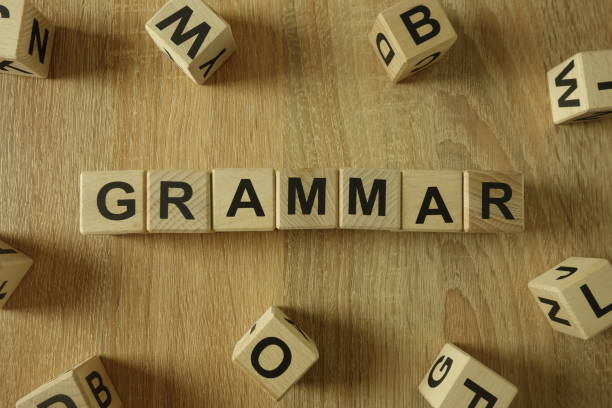Formulating the Past Perfect Tense in German

Formulating the Past Perfect Tense in German.tenses play an indispensable role in conveying thoughts, stories, and emotions with precision. Among these tenses, the Past Perfect often stands out as both intriguing and challenging.

Explanation about Formulating the Past Perfect Tense in German
Past Perfect Tense in German (Plusquamperfekt)
The Past Perfect tense in German is analogous to the English Past Perfect and is used to describe an action that occurred before another past action.
Formulating the Plusquamperfekt:
The Plusquamperfekt is formed by using two parts:
- The auxiliary verb (either “haben” or “sein”) in its simple past form (Imperfekt or Präteritum).
- The past participle of the main verb.
Here’s how you can formulate phrases:
1. Choose the correct auxiliary verb:
- Most verbs use “haben”.
- Verbs indicating movement or a change of state typically use “sein”.
2. Conjugate the auxiliary verb in the Imperfekt (simple past):
- haben → ich hatte, du hattest, er/sie/es hatte, wir hatten, ihr hattet, sie/Sie hatten
- sein → ich war, du warst, er/sie/es war, wir waren, ihr wart, sie/Sie waren
3. Add the past participle of the main verb:
- Regular verbs: ge- + verb stem + -t
- Irregular verbs: various forms, often with ge- prefix, but the ending might change (e.g., -en, -t, or no ending)
Examples:
- Using haben as an auxiliary:
- Du hattest gearbeitet. (You had worked.)
- Wir hatten geschrieben. (We had written.)
- Using sein as an auxiliary:
- Sie war gefahren. (She had driven/gone.)
- Ich war geschwommen. (I had swum.)
Formulating phrases in context:
When formulating phrases in the context of a sentence, the Plusquamperfekt often appears with conjunctions that set the stage for the action, like “nachdem” (after).
- Nachdem er das Essen hatte gekocht, aßen sie zusammen. (After he had cooked the food, they ate together.)
Examples for Formulating the Past Perfect Tense in German
| Subject | German with ‘haben’ | English Translation with ‘haben’ | German with ‘sein’ | English Translation with ‘sein’ |
|---|---|---|---|---|
| ich | ich hatte gearbeitet | I had worked | ich war gegangen | I had gone |
| du | du hattest gespielt | You had played | du warst gelaufen | You had run/walked |
| er/sie/es | er hatte geschrieben | He had written | er war gefahren | He had driven/traveled |
| wir | wir hatten gelernt | We had learned | wir waren gekommen | We had come |
| ihr | ihr hattest gelesen | You (plural) had read | ihr wart geschwommen | You (plural) had swum |
| sie/Sie | sie hatten getrunken | They had drunk | sie waren gewesen | They had been |
In wrapping up our exploration, understanding the Past Perfect tense isn’t just about structuring a sentence; it’s a nuanced expression that enables us to convey events with temporal depth and precision.





























